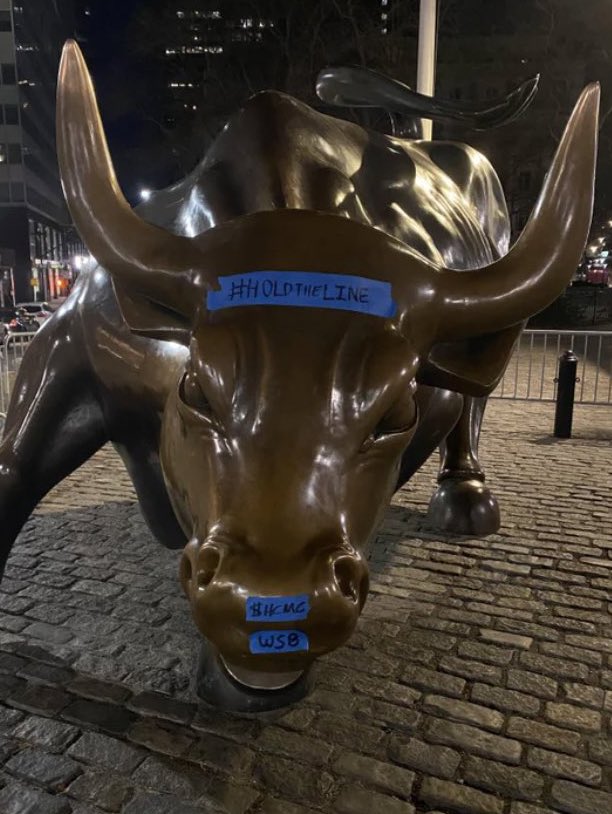This whole thing has taught me one thing: I'm really fucking dumb.I don't quite get why Robinhood ran out of cash and thus couldn't allow people to buy GME stock, but somehow still had cash on hand to buy all the other stocks in the exchange. I'd think if you're out of cash, that means you no longer have cash. Money isn't selective about what it's spent on, the fact that they are only out of money for specific stocks but have the cash for others makes me doubt the whole "out of money" narrative.
Lol.
Seriously. As this was going on I was reading statements from robinhood on the changes they were making and I didn't even know what that crap means.
So now I'm making it a goal to learn this crap



